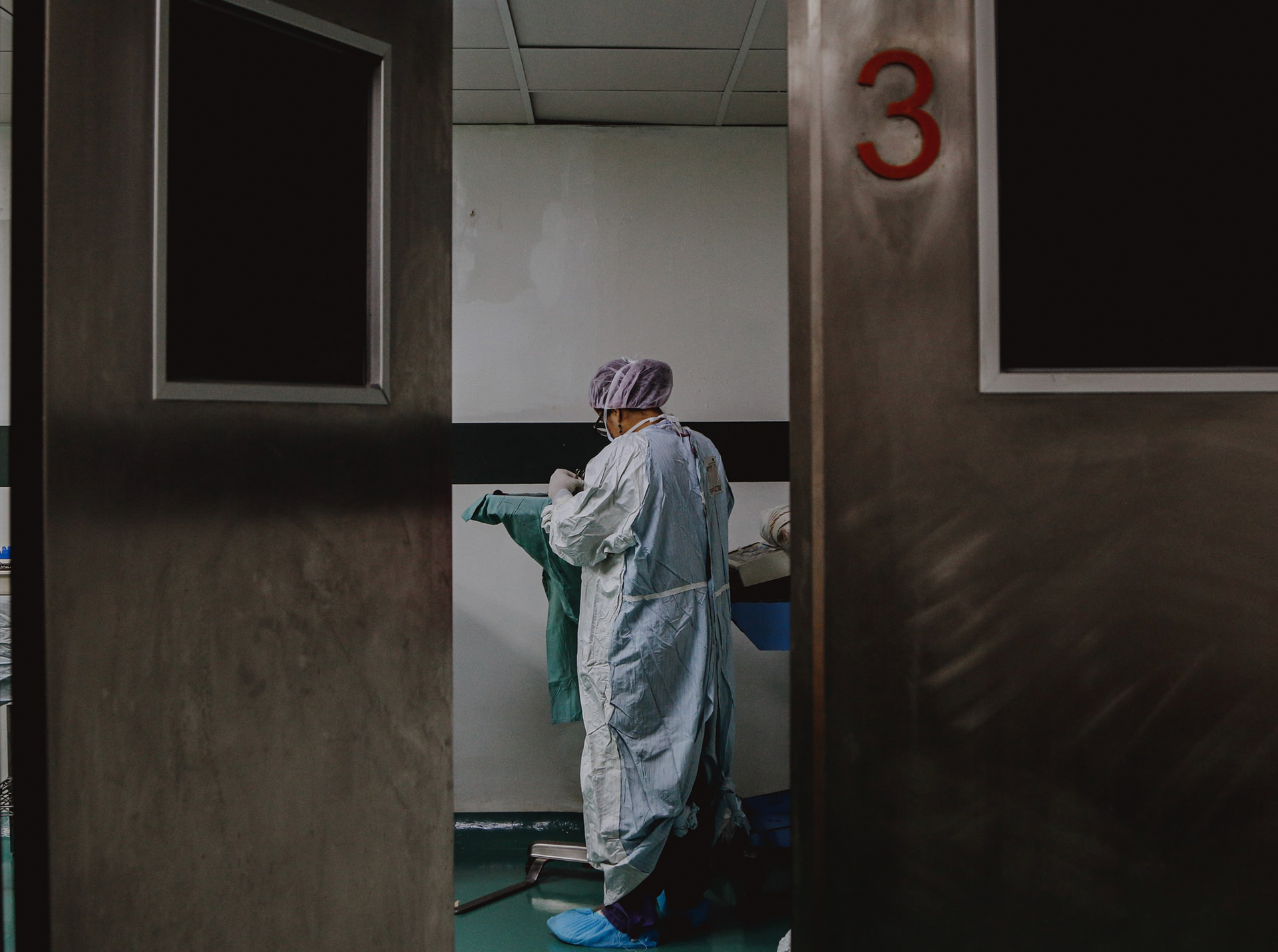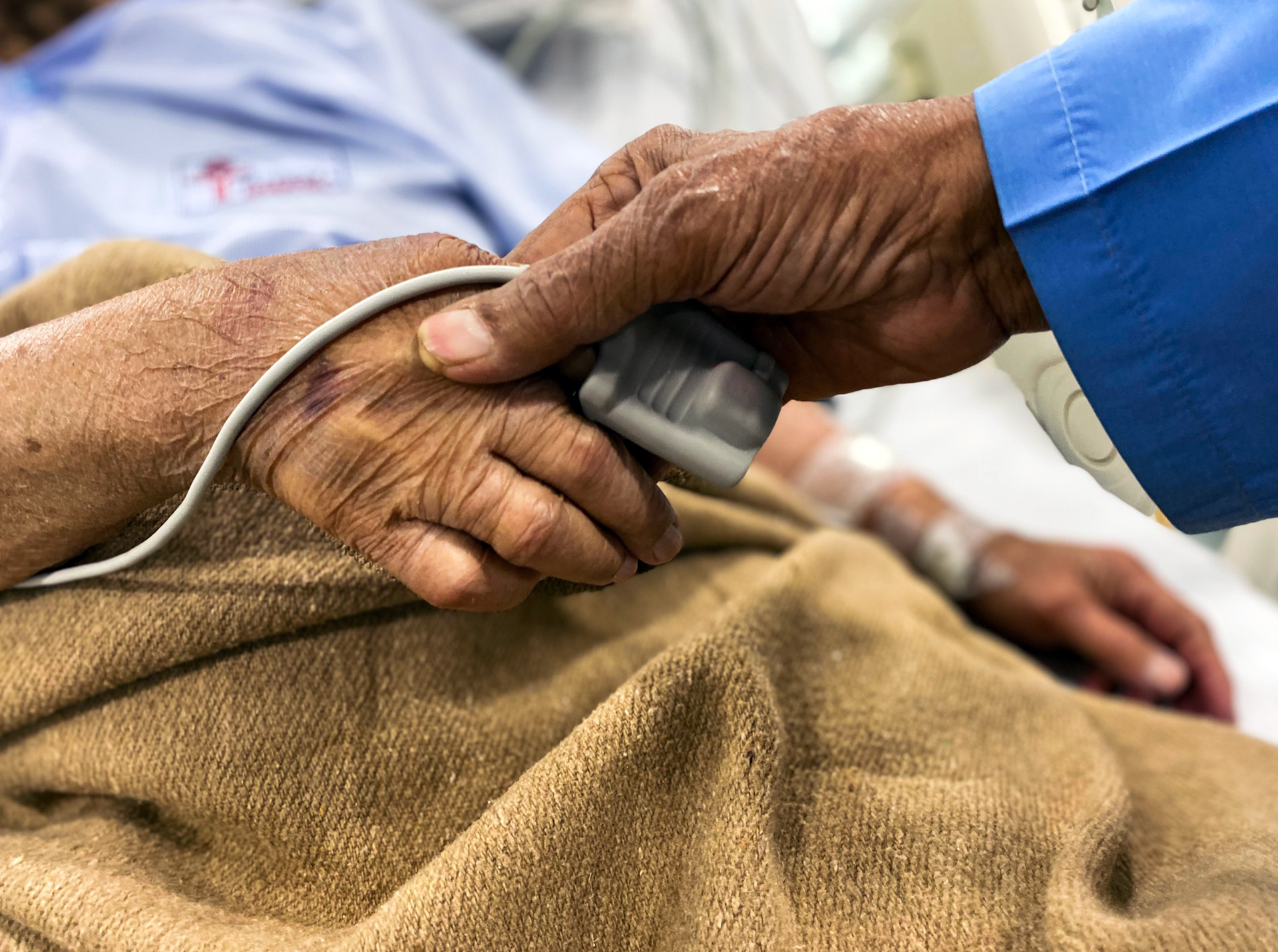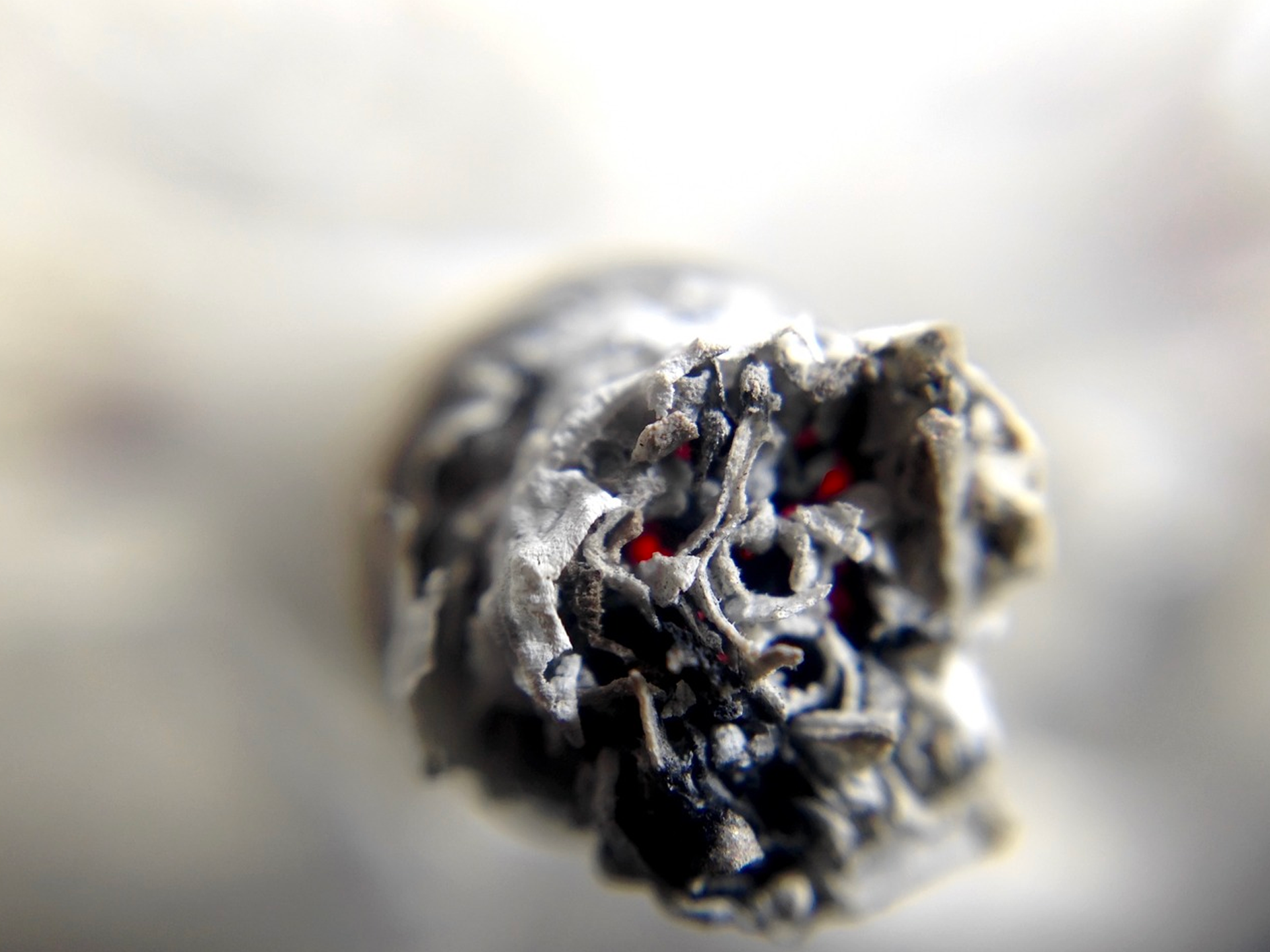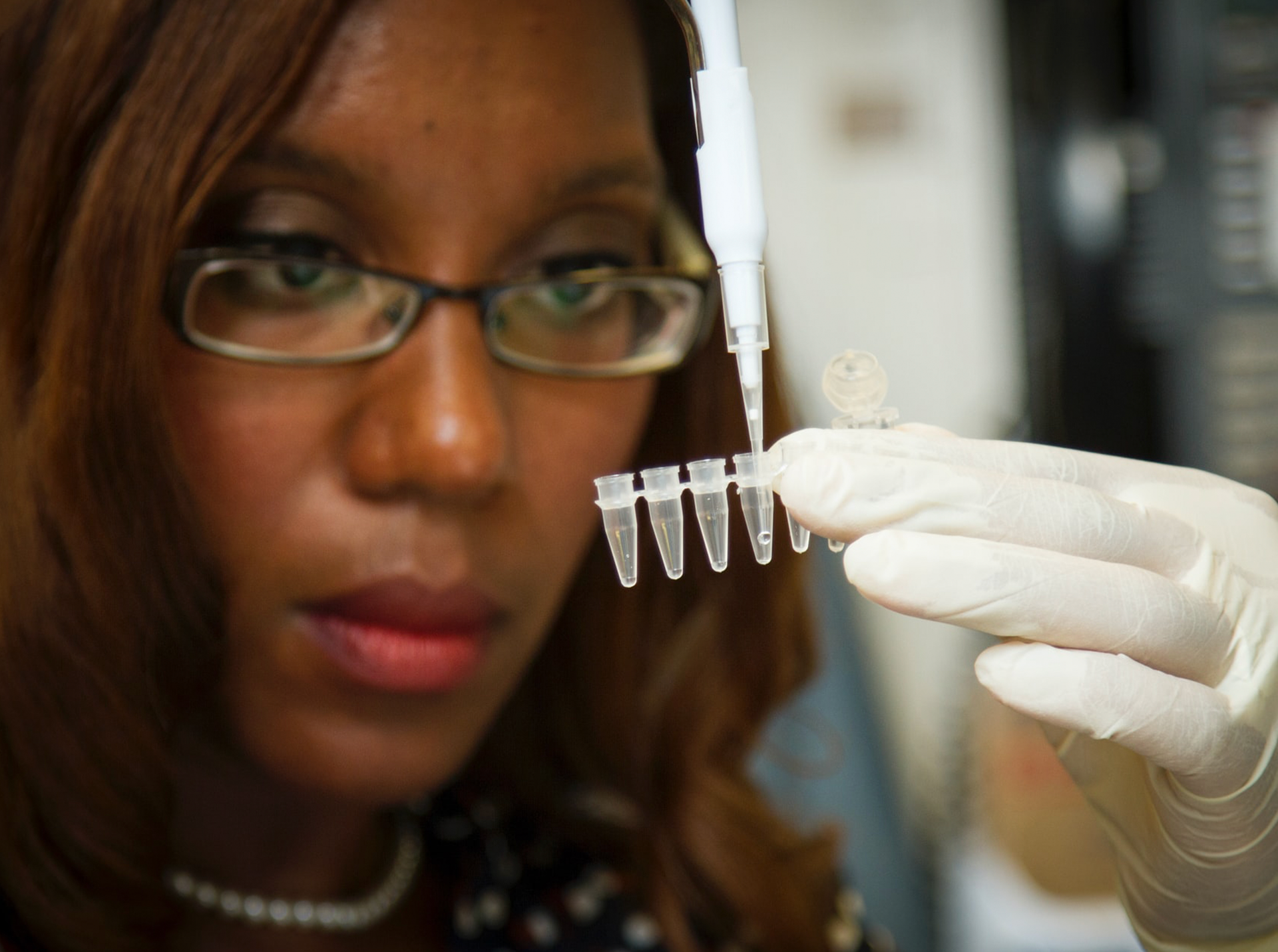

American Academy of Medical Ethics
Promoting the interests of medical educators, medical practitioners and scientists, care and well-being of patients, protection of public health, and betterment of the medical profession, and to protect and promote the historical values that have provided the longstanding foundation for Western healthcare.
IssuesResources


Our Mission
The mission of the Academy of Medical Ethics is to promote the interests of medical educators, medical practitioners and scientists, the care and well-being of patients, the protection of public health, and the betterment of the medical profession, as well as to protect and promote the historical values that have provided the longstanding foundation for Western healthcare.
Our Vision
We foresee the standard of healthcare in North America being once again defined by the Hippocratic tradition.
Our Values
We subscribe to the traditional values of the Hippocratic Oath which include:
- The practice of medicine involves covenants with Deity, patients, students, teachers and colleagues
- Physicians must be trustworthy
- Physicians must always seek their patients' best interests
- Physicians must not exploit patients or their caregivers
- Physicians must practice within their capabilities
- Physicians must practice the standard of care
- Physicians must respect all human life and must not intentionally take life (i.e. must not take the life of the unborn, must not perform euthanasia, must not provide assistance for suicide)
- Physicians must maintain confidentiality
- Physicians must seek justice and avoid injustice and discrimination
- Physicians must be accountable for their actions
What We Do
We serve patients, healthcare professionals and our culture by:
- Serving as an ethical voice to speak to the government, media, church and public on ethical issues facing the healthcare profession today
- Offering resources you can use to educate yourself and others about important issues affecting both healthcare professionals and their patients
- Fighting against the legalization of physician-assisted suicide through grassroots efforts in states across the country
- Arranging and conducting educational conferences, speeches, interviews and research in the fields of ethics, medicine and science
- Teaching traditional values through scholarly endeavors
- Networking healthcare professionals who share these values


















